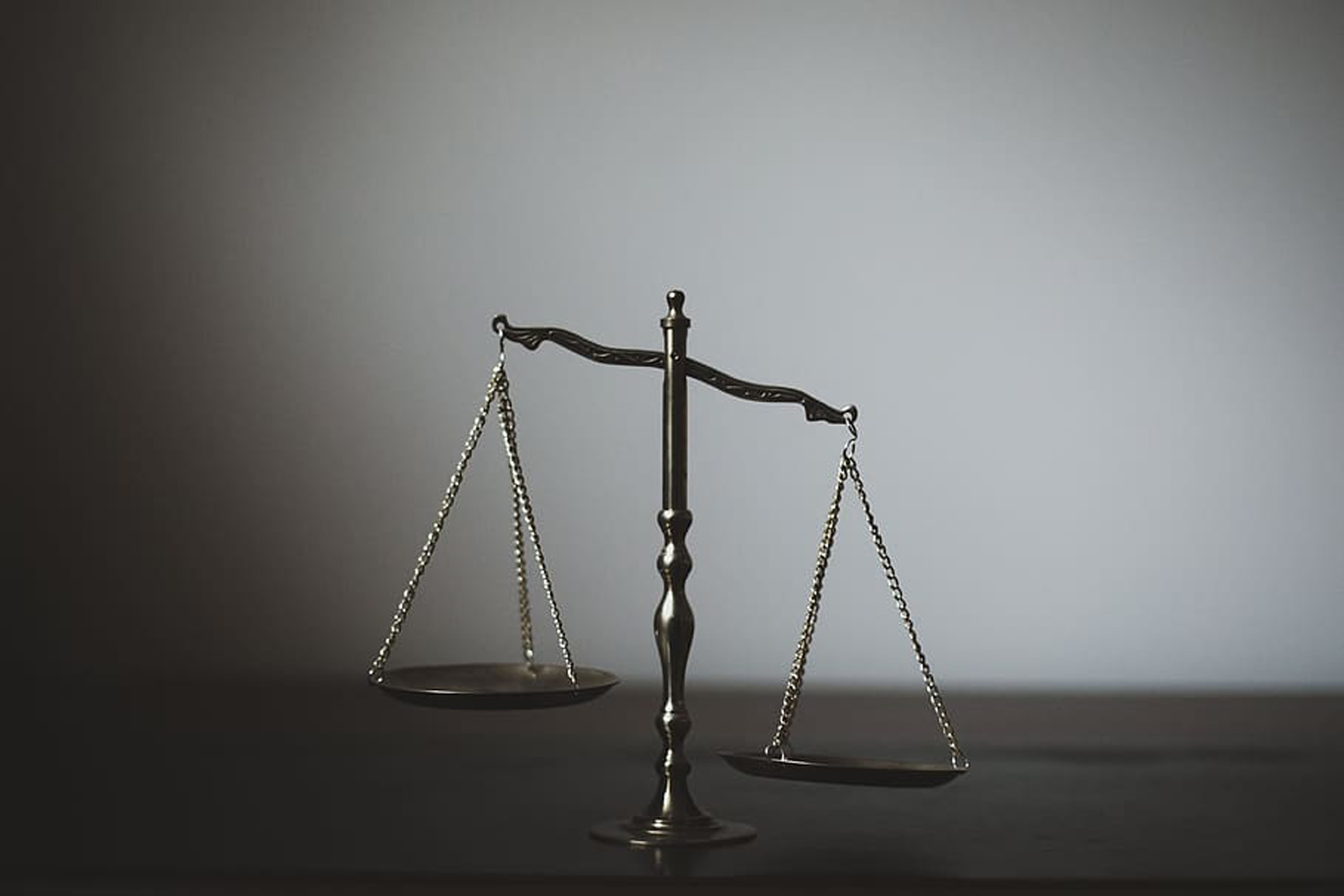The words of the Torah are absolute and literally binding. Even if we think we understand their purpose we must never deviate from their literal observance.
At the beginning of the Parasha, Korach and his co-conspirators attempt to overthrow Moses and Aaron, God’s designated leader and Priest, but their swift demise serves as a vindication of the Mosaic Leadership and Aaronic Priesthood.
The Sages expanded Korach’s agenda of delegitimization adding that he also denied the validity of the Torah. We read in the Talmud of the Land of Israel:
“Rav said: Korach was a heretic. What did he do? He made Taliyoth entirely of Tekheleth. He came to Moses and inquired: Should they be subject to Tzitzit?. [Moses] said to him: they are subject to Tzitzit as it says: “Fringes you shall make for yourself” (Deut 22:12) . . . At that time Korach said: Neither is the Torah from the Heavens nor is Moses true nor is Aaron the High Priest” (Sanhed 10:1 50a)
Korach’s argument presupposes that it is the reason behind the Law and not the Law itself that is ultimately binding. The Tekheleth (blue dye) on the fringes is intended to remind one about Heavens, but it should be rendered unnecessary if the entire garment is colored with Tekheleth.
Moses, on the other hand, derives the law matter-of-factly, the reason behind it playing no role in its obligatoriness. His implicit response to Korach is that the Law is stand- alone and it, not the reason behind has binding force.
The Talmud of the Land of Israel teaches us that even Solomon the wisest of all men strayed to this same style of interpretation of Divine Law. He allowed himself to have many foreign wives because he believed that his composition would prevent him from succumbing to bad influence. At the time he reckoned that it is reason behind the Law and not the Law itself that was binding. (Sanhed 2:6 13a)
“The Book of Deuteronomy went up and prostrated itself before God. It said before him: Eternal Master: You have written in your Torah that any testament that is partially void is completely voided. Behold, Solomon wishes to uproot a Yodh from me. The Holy One said to it: Solomon and one thousand like him will desist but a single thing from you shall not be abrogated”. (ibid)
The Book so to speak complains before God that by following the Spirit of the Law and not the Letter of the Law Solomon is annulling not just the individual laws that he violated, but effectively the Law in its entirety. It is on the backdrop of this complaint that the true nature of Korach’s heresy can be appreciated!

